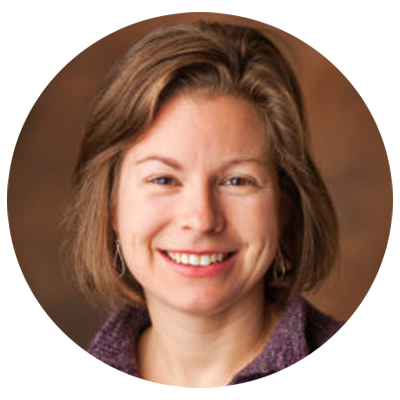
Call the Midwife is back for its 11th season and so are the faculty of the Vanderbilt University School of Nursing to provide historical and contemporary context in a weekly recap blog. Watch the show Sundays at 7 p.m. through May 8. SPOILER ALERT: Some posts may contain plot details.
The Nonnatus House midwives are back for another season, and they return with another set of familiar faces: Audrey and Derek Fleming. Seeing them reappear in the lobby of Dr. Turner’s office was just like walking into my own offices to see a family that I can’t quite place at first. Why are Audrey and Derek so familiar?
The Flemmings welcomed their first-born, a baby born with only partial leg development, in last season’s first episode. Baby Christopher died soon after birth, and in the aftermath of this loss, Dr. Turner discovered a connection between the baby’s limb defects and Derek’s radiation exposure during his military service. Like most of the families on Call the Midwife, they left the show’s spotlight as their childbearing year ended.
We typically don’t get the rest of the story with the show’s new parents, but in this case we do. The Flemmings have returned to Poplar and Audrey is nine months pregnant, seeking care with Nonnatus midwives again. Anxious and still grieving, they bravely revisit the scene of their loss in hopes of having a different outcome, a healthy baby that survives delivery. Sister Julianne creates a plan of care that acknowledges and honors the complicated cocktail of emotions the couple experiences.
When I became a midwife, I didn’t know how often I would care for women through and beyond baby loss. I don’t remember learning anything about this special role during midwifery school. Caring for a family during and after stillbirth or infant loss is an intimate role, both difficult and sacred. Stillbirth and neonatal death are rare — in the U.S. most recently measured at 6.7 per 1000 live births — but over a midwife’s years of practice, we inevitably care for families with losses. Most families have a subsequent pregnancy, one that is fraught with fear and grief. Some couples want to return to the practice that tenderly cared for them when they lost a baby, some do everything to avoid reminders of a devastating experience.
No matter where they have visits, pregnancy and birth care inevitably trigger painful memories: seeing the ultrasound machine pulled to the bedside, donning a hospital gown, seeing delivery equipment unpacked in anticipation of birth. Thirty percent of stillbirths are unexplained, so many families don’t know why they lost a pregnancy or how to prevent another death. The entire subsequent pregnancy can be both joyful and unrelentingly difficult. And just as in this episode, the labor and birth bring all that terror and sadness to a crescendo.
I watched this episode at a time when I am walking this path with two families, accompanying them through pregnancy after stillbirth. As I often do, I watched Sister Julienne to see if she does the work the way I do. Like her, I talk about the first baby by name, just as I would refer to a family’s living children. One thing I do differently is to return as much control as possible to the parents, at every opportunity. It’s thoughtful of Sister Julienne to assign a new midwife to the Flemmings, for a “clean slate,” but it also takes autonomy away from a family that lost control and hope and normalcy when they lost their son.
I explicitly check in about mental health in both parents at every visit. Thanks to that on-going conversation, I had a family tell me recently that the father in the family had found a therapist and gone on antidepressants so that his anxiety would be less of a burden on the pregnant mother. Mental health and coping are important in every pregnancy, but particularly when the pregnancy requires a couple to retrace the steps they took as they approached their baby’s death. And I have a stable of other professionals to help me in a way that Sister Julienne would love — maternal fetal medicine specialists, genetic counselors, specialized doulas and therapists, support groups in-person and online.
I know that I have this in common with Sister Julienne: I grieve with families when their babies die, I worry over their next pregnancies, and I share their joy when I place a crying newborn into their arms. Seeing the Flemmings have a happy birth is a wonderful way to usher in another season with the Nonnatus House midwives.

Kate Virostko, MSN, CNM, is a member of the Vanderbilt Nurse-Midwives & Primary Care for Women at Melrose, the clinical practice of the Vanderbilt University School of Nursing.
